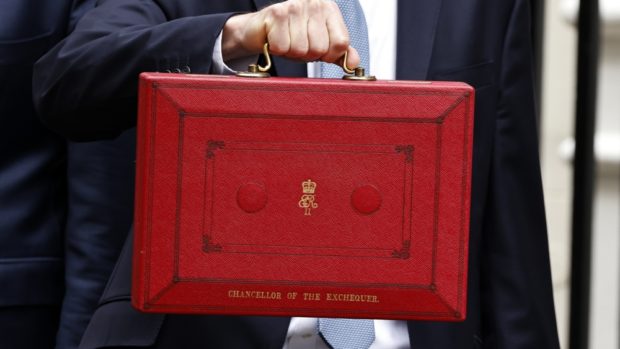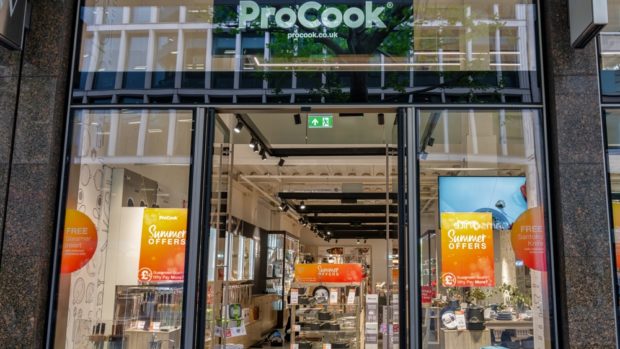A significant proportion (64 per cent) of UK and Irish consumers are now actively looking for ethical or sustainable features when making a purchase, a new research report by PFS and LiveArea has found.
76 per cent also feel that online retailers and brands have an obligation to protect, conserve and benefit the environment, the report has found. This is now driving brands to adapt their behaviours and move with the times. To understand the role of ethical initiatives on shopping behaviour online, and the impact that the belief-driven buyer has on online retailers’ and brands’ ability to trade responsibly and profitably, PFS and LiveArea asked consumers in the UK, Republic of Ireland and France for their ethical retailing expectations.
Four-in-ten(39 per cent) said they would be willing to pay more to support online retailers’ and brands’ corporate social responsibility initiatives – which is good news for brands that struggle to balance competitive price with the increased cost that environmental initiatives can entail. However, this issue hasn’t entirely gone away. When choosing between price and ethics, over half (54 per cent) of consumers still purchase products based on cost, causing a difficult dilemma for brands as price is still a significant consideration.
Meanwhile, half of Generation Z (52 per cent) would pay more to support carbon neutral delivery and other ethical initiatives adopted by online retailers and brands, compared to just a third (33 per cent) of the silent generation.
Despite consumers clearly being conscious about the products they buy, 44 per cent of respondents have not been made aware of corporate social responsibility initiatives or their impact by their preferred retailers, however. Yet, the same percentage (44 per cent) said would like to know about them – an easy win for brands that currently aren’t communicating their social responsibility initiatives.
The report also identified that no single preferred method of communication is leading the way, which has further highlighted the need to provide transparent, consistent and clear communication to consumers throughout their buying journey and to be informed of what initiatives online retailers and brands are supporting.
When they have been made aware of corporate social responsibility initiatives, only 16 per cent of consumers say it has been via a brand’s website and 36 per cent say they hear through online communications (including email and social media).
More than a quarter (28 per cent) went on to say that they actively seek out online retailers’ and brands’ corporate social responsibility, sustainability and returns policy webpages, indicating how seriously they take the issue. In fact, 71 per cent of millennials look for ethical or sustainable features in the products they buy – the highest agreement among all age groups.
Christophe Pecoraro, managing director of PFS Europe, comments: “The COVID-19 pandemic has become a catalyst in the continued eCommerce trend, which has resulted in more shoppers migrating online than ever before. Many are actively seeking out online retailers and brands who promote their ethical initiatives and credentials, taking this into account in their purchasing decisions.
“This heightened awareness has put the spotlight upon online retailers and brands who are making inroads when it comes to ethical trading and their obligations to protect, conserve and benefit the environment. However, the pandemic and increased consumer consciousness has also highlighted those companies whose supply chain ethics and treatment of staff could be called into question. The most successful brands are those who have made CSR practices inherent to their own company culture and standard operating procedures.”
Benoit Soucaret, creative director at LiveArea EMEA, comments: “The relationship between commerce and ethics has become intrinsically linked over the past few years. Responsible trading, treatment of employees and suppliers, and brand authenticity all play a big part in shaping buying behaviour. Consumers today expect online retailers and brands to not only have clear and transparent corporate social responsibility strategies, but to communicate and implement them effectively before they decide where to spend their money.
“Rather than view sustainability and ethics as a cost, brands should see these initiatives as an investment. One thing that is going to set companies apart moving forward, is the ability to balance sustainability and profitability. Finding that balance will depend on businesses’ ability to be innovative. At the same time, brands shouldn’t lose sight of delivering a great experience. It’s no good having sustainable delivery methods if they are unreliable and you lose a customer as a result.”







Share